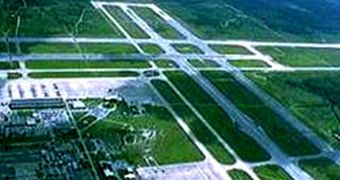Just last week, the Federal Aviation Authority (FAA) allowed Cecil Filed, a former naval air base, to become the seventh spaceport in the United States. The documents the airfield received ensure that, in the very near future, it will be used as a starting point for horizontal take-offs to suborbital flights. One good example of spacecraft that could be based here is Virgin Galactic's new space plane, which can carry six passengers and two crews just below the low-Earth orbit (LEO) and then back again. The new spaceport will be entirely dedicated to commercial launches, Space reports.
“We're extremely excited and very much looking to the future to work with potential operators,” Todd Lindner, who works for the Jacksonville Aviation Authority, shared after the decision was announced. “This capability – in addition to similar potential sites currently being researched at Kennedy Space Center and in southern Florida – is critical to providing our state with the competitive edge it needs to be a key player in the US space tourism industry,” the President of Space Florida, Frank DiBello, added in an official statement.
Cecil Field is located about 25 miles Southwest from downtown Jacksonville, Florida, in a location that makes it very convenient for the world's rich. With the estimated price of a journey to the edge of space in the thousands-of-dollars range, it's highly unlikely that average people will get the chance to use these new services. Florida officials said after the FAA made its decision that the new role Cecil Field would have in the region would not be to undermine the authority of established facilities such as the Kennedy Space Center (KSC), and the Cape Canaveral Air Force Station (CCAFS).
Additionally, the officials said, the new spaceport would divert little to no traffic from the two launch complexes. However, what Cecil Field will do is increase the state's importance in the post-shuttle era, which is scheduled to begin this September. There are, however, challenges ahead as well. “There are limited number[s] of companies developing vehicles that Cecil Field can support. And they either already have arrangements with other spaceports or they have their own issues in terms of their financial situation they have to take care of first before they can think about flying anyplace,” Futron Corp. senior analyst Jeff Faust said.

 14 DAY TRIAL //
14 DAY TRIAL //